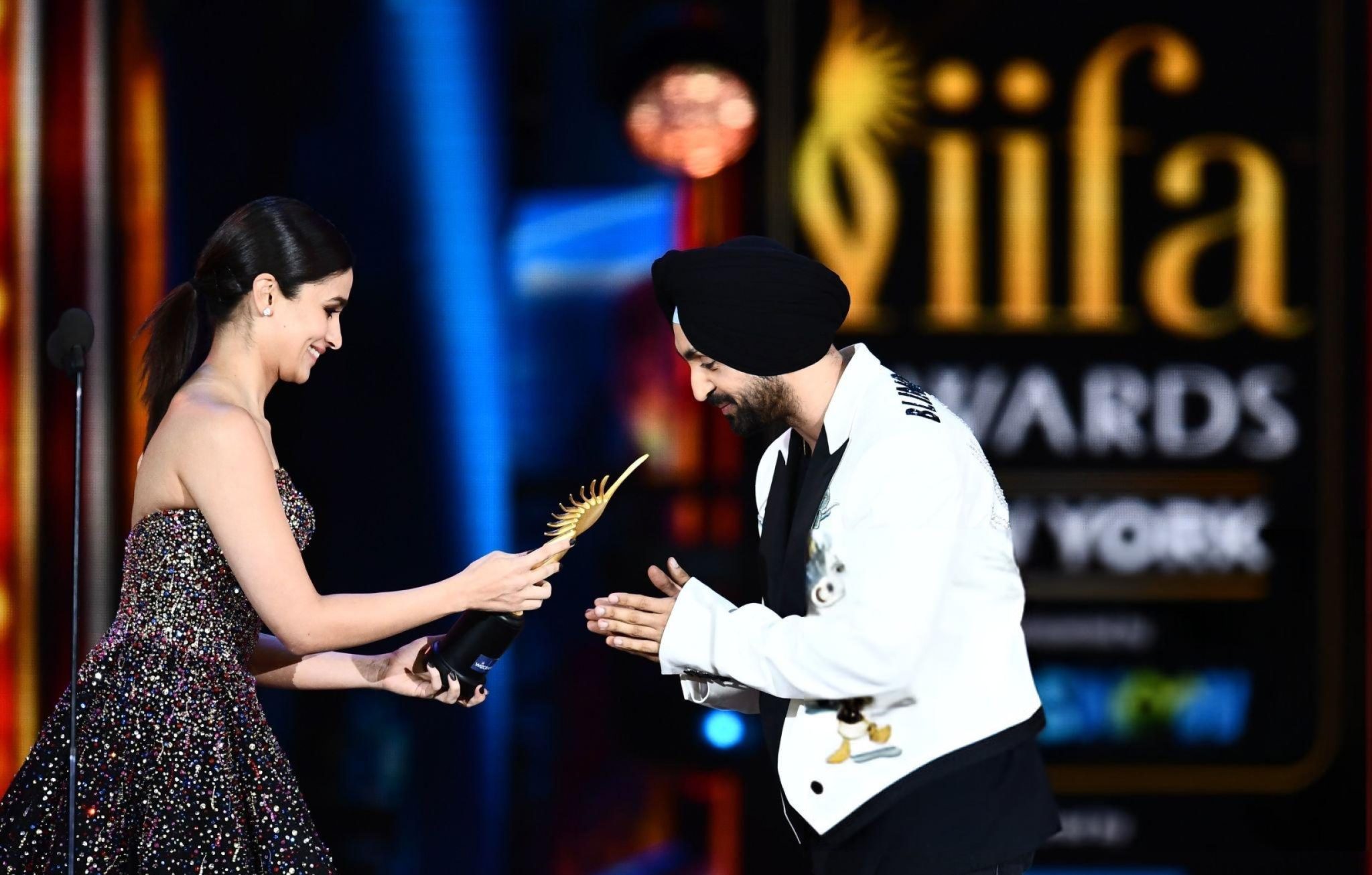In a cautionary reminder for fans and online users alike, singer Diljit Dosanjh, actress Alia Bhatt, and cricketer Virat Kohli have been identified as some of the most “risky” celebrities for online searches. This alarming revelation comes from McAfee’s annual report titled the “Celebrity Hacker Hot List 2024,” which highlights how cybercriminals exploit the names of popular figures to create malicious websites and scams that can lead to data breaches, financial losses, and identity theft.
At the top of the list is Orhan Awatramani, popularly known as Orry, whose rapid rise in fame and increasing association with other high-profile celebrities has made his name a prime target for cybercriminals. The report notes that the surge in unverified information surrounding new public figures makes it easier for scammers to lure unsuspecting users searching for news and updates.
Following Orry on the list is Diljit Dosanjh, whose upcoming concert tour titled “Dil-Luminati” has attracted attention not only for its music but also for ticketing scams. Cybercriminals are known to target large-scale celebrity events, capitalizing on heightened fan interest and increased search traffic to create fraudulent ticketing sites, enticing discount offers, and resale schemes. This can lead to phishing scams, resulting in both financial loss and compromised personal information for fans.
The landscape of online threats has evolved significantly with the rise of generative artificial intelligence (GenAI) and deepfake technology, complicating the cybersecurity challenges faced by celebrities. Alia Bhatt, for instance, has fallen victim to multiple deepfake incidents, while fellow actors Ranveer Singh and Aamir Khan have been misrepresented in political endorsements through election-related deepfakes. These AI-generated manipulations can severely damage reputations and mislead the public.
“AI-generated deepfakes utilize existing content to manipulate faces, voices, and actions. While some may be harmless, others pose serious risks, including spreading misinformation, influencing elections, and scamming consumers,” stated Vonny Gamot, McAfee’s head of EMEA. She emphasized the importance of vigilance, warning that if something appears too good to be true, it probably is.
Both Kohli and actor Shahrukh Khan have been featured in deepfake content promoting betting apps, with scammers leveraging fan curiosity through malicious URLs and deceptive messages. These tactics often result in substantial financial losses and erode consumer trust in the celebrities involved.
According to a McAfee survey conducted earlier this year, 80% of Indians expressed increased concern about deepfakes compared to the previous year, with 64% acknowledging that AI has made it more challenging to spot online scams. Alarmingly, 75% reported having encountered deepfake content, while 38% admitted to experiencing a deepfake scam, with 18% becoming actual victims.
Among those impacted by deepfake scams, 57% mistakenly believed a celebrity video or image was authentic, leading to significant financial repercussions. Of those who fell victim to voice cloning or other AI-related scams, 64% reported losing money. Among them, 43% lost over Rs 40,000, while 10% faced losses exceeding Rs 800,000.
McAfee’s report aims to educate consumers on the workings of AI scams and deepfakes, providing insights on how to safeguard themselves online. The Threat Research Labs Team at McAfee compiled the list by identifying high-profile celebrities who are frequently exploited in malicious activities and deepfake scams. These scams often generate unsafe search results that can lead unsuspecting consumers to install malware, jeopardizing their data, privacy, and identity.
In an era where the digital landscape is rife with threats, it is crucial for individuals to remain vigilant and informed. Fans of celebrities like Alia Bhatt, Diljit Dosanjh, and Orry should exercise caution when clicking on links related to these stars, particularly during periods of heightened public interest, such as concert tours and film releases. The report serves as a timely reminder that while following beloved public figures online can be entertaining, it is essential to prioritize safety and security in an increasingly risky digital world.







